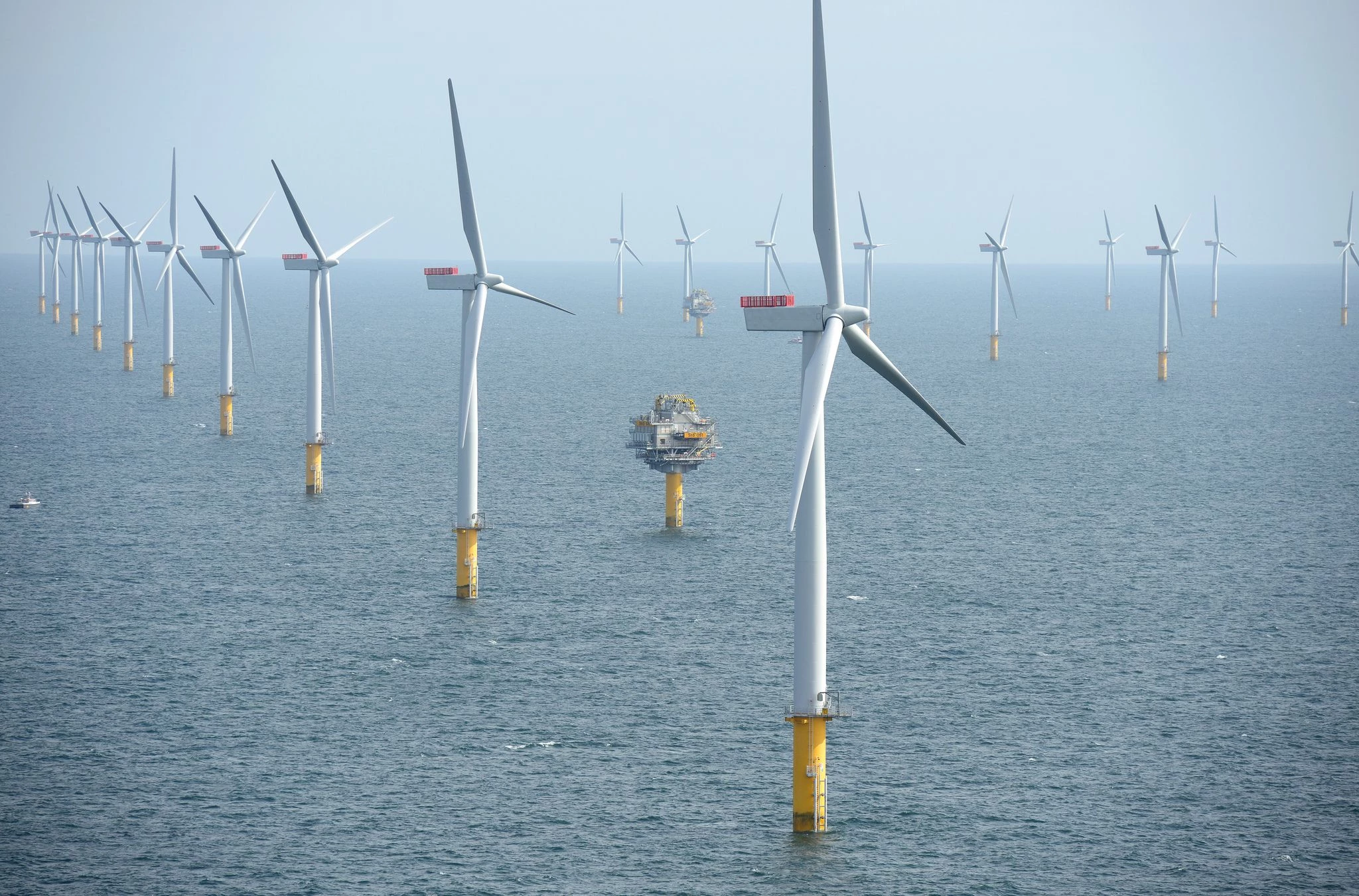
Partner Article
Politicians can’t wait any longer to take the lead on green-energy business
The UK – and the global political system as a whole for that matter – is shooting itself in the foot according to a new report by the Overseas Development Institute.
Worryingly, it tells us that the 11 richest high-carbon countries provided a generous subsidy of $7 for every tonne of greenhouse gas emitted from fossil fuel combustion in 2011. The effects of this are even more wide-ranging and hard-hitting than you might think.
Such green policies directly influence businesses, which look to government in order to make decisions on where to put their money. If governments subsidise fossil fuels, guess where entrepreneurs are going to invest. This directly impacts the direction of the energy sector and our emissions. Fossil fuel-promoting subsidies are directing it in exactly the wrong way.
When you consider that we’ve already burnt our way through 53% of our global carbon budget, and that we’re due to gorge ourselves on the rest in a mere 30 years, politicians need to act quickly and effectively – not just subsidise a dying, toxic industry, no matter how much we rely on it in the short term.
Sometimes leadership requires doing something necessary but unpopular. The typical short-termist view of politicians who are looking towards the next election is simply not good enough when the stakes are nothing less than the sustainable future of our planet.
Should we completely pull out of fossil fuel investment altogether? Of course not. Our everyday lives rely incessantly on these resources, and the immediate withdrawal of such subsidies would just pump up the pressure on the already-stretched household wallet. But propping up destructive energy-sourcing methods whilst failing to persuade businesses to commit to a sustainable alternative is not only irresponsible but also suicidal.
Governments need to bite the bullet and create an environment where businesses feel comfortable investing in green initiatives. This means significant subsidies for renewable energy; a gradual discouragement of fossil fuels investment; and other carrot-style treats for businesses willing to build wind farms, nuclear power plants and other such sources of our future electricity.
Businesses are waiting for the government to decisively act. Vestas Wind Systems, for example, recognises its disadvantage: “subsidies for fossil fuelled power stations in the UK are significant [… and] distort the electricity market, making it unnecessarily difficult for technologies not in receipt of such subsidies […] to compete.”
You have to give something significant to tip the balance in favour of renewable energy investment. The distorted power market needs a brave politician to act decisively and actually make a change; a laissez-faire attitude is simply not good enough any more.
On the one hand, we’re subsidising fossil fuels for today, and on the other, we’re failing to enforce a true carbon price for tomorrow. By continuing to pump money into fossil fuels, governments are sending mixed messages to businesses, which need politicians to convince them that ‘green’ is the only way forward.
This was posted in Bdaily's Members' News section by Ashley Kirk .








 Raising the bar to boost North East growth
Raising the bar to boost North East growth
 Navigating the messy middle of business growth
Navigating the messy middle of business growth
 We must make it easier to hire young people
We must make it easier to hire young people
 Why community-based care is key to NHS' future
Why community-based care is key to NHS' future
 Culture, confidence and creativity in the North East
Culture, confidence and creativity in the North East
 Putting in the groundwork to boost skills
Putting in the groundwork to boost skills
 £100,000 milestone drives forward STEM work
£100,000 milestone drives forward STEM work
 Restoring confidence for the economic road ahead
Restoring confidence for the economic road ahead
 Ready to scale? Buy-and-build offers opportunity
Ready to scale? Buy-and-build offers opportunity
 When will our regional economy grow?
When will our regional economy grow?
 Creating a thriving North East construction sector
Creating a thriving North East construction sector
 Why investors are still backing the North East
Why investors are still backing the North East